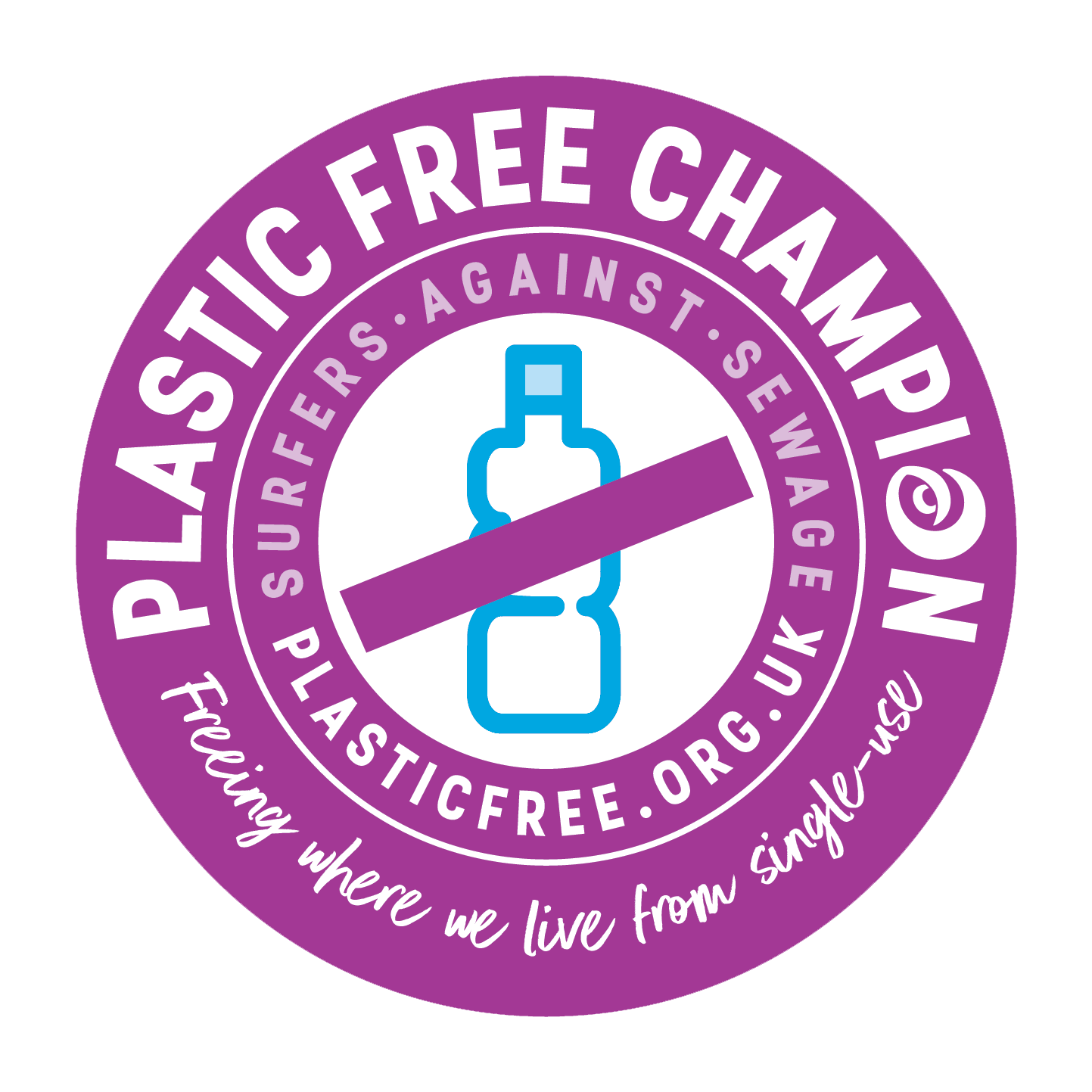We are dedicated to sharing our extensive knowledge and resources to empower your success.
In February 2019 the Plastic Pollution Bill was introduced to the House of Commons to start the process of formulating a government strategy to -
In addition to the government’s direction of travel, a recent ‘Friends of the Earth’ poll highlighted that 9 out of 10 people are in favour of legislation being introduced to reduce plastic waste and phase out non-essential plastic use.
With state and market forces expressing a desire for less plastic, businesses may wish to consider whether they need to start innovating to reduce the plastic within their products, packaging, etc. to gain a competitive advantage now.
We at Bishop Fleming have been working hard ourselves to reduce the plastic used in our business and have recently been accredited ‘a plastic free champion’ by conservation charity, Surfers Against Sewage. Committed to protecting the environment as a responsible organisation operating as a sustainable business, we have completely ditched the use of over six commonly used single-use plastic items from across our seven offices.
The government strategy to be implemented by the Plastic Pollution Bill has yet to be decided. However, there is already a great incentive available for plastic reduction. Companies who innovate in order to reduce their plastic may be able to claim the hugely beneficial R&D tax relief, saving corporation tax on up to 44% of the R&D costs incurred by an SME or 33% cash back on the expenses if loss making.
To qualify for R&D tax relief a key criterion is that there must be an appreciable improvement in the field of science or technology. A significant reduction in plastic used in products and packaging manufactured is likely to satisfy this objective due to being able to offer a more environmentally friendly product.
The other main test to qualify R&D tax relief is that there is some technical or scientific uncertainty to be resolved.
Provided the reduction of plastic was not something that would be easily deductible by a competent professional in the same industry, then the uncertainties that may qualify could consist of challenges such as:
Alterations to packaging could also qualify for R&D tax relief, challenges could perhaps include issues such as:
R&D on reducing plastic is not limited to manufacturing, if something within a business needs to change and it is not straight forward, there may be tax relief available. Get in touch with one of our R&D team to find out more or contact your usual Bishop Fleming advisor.
